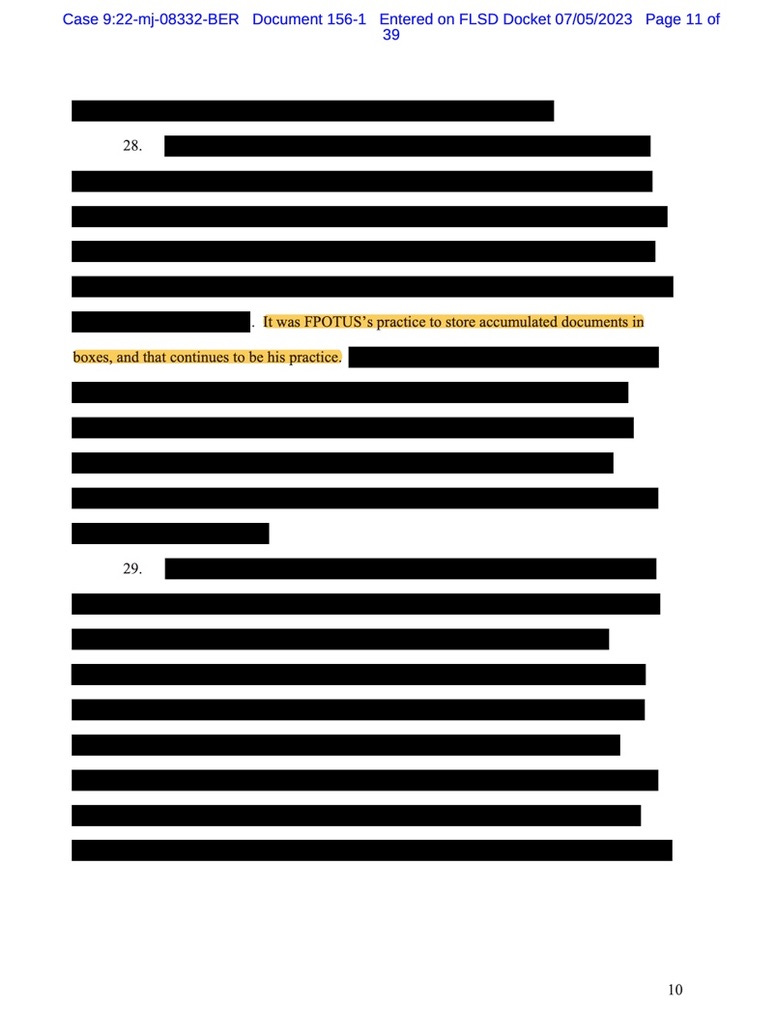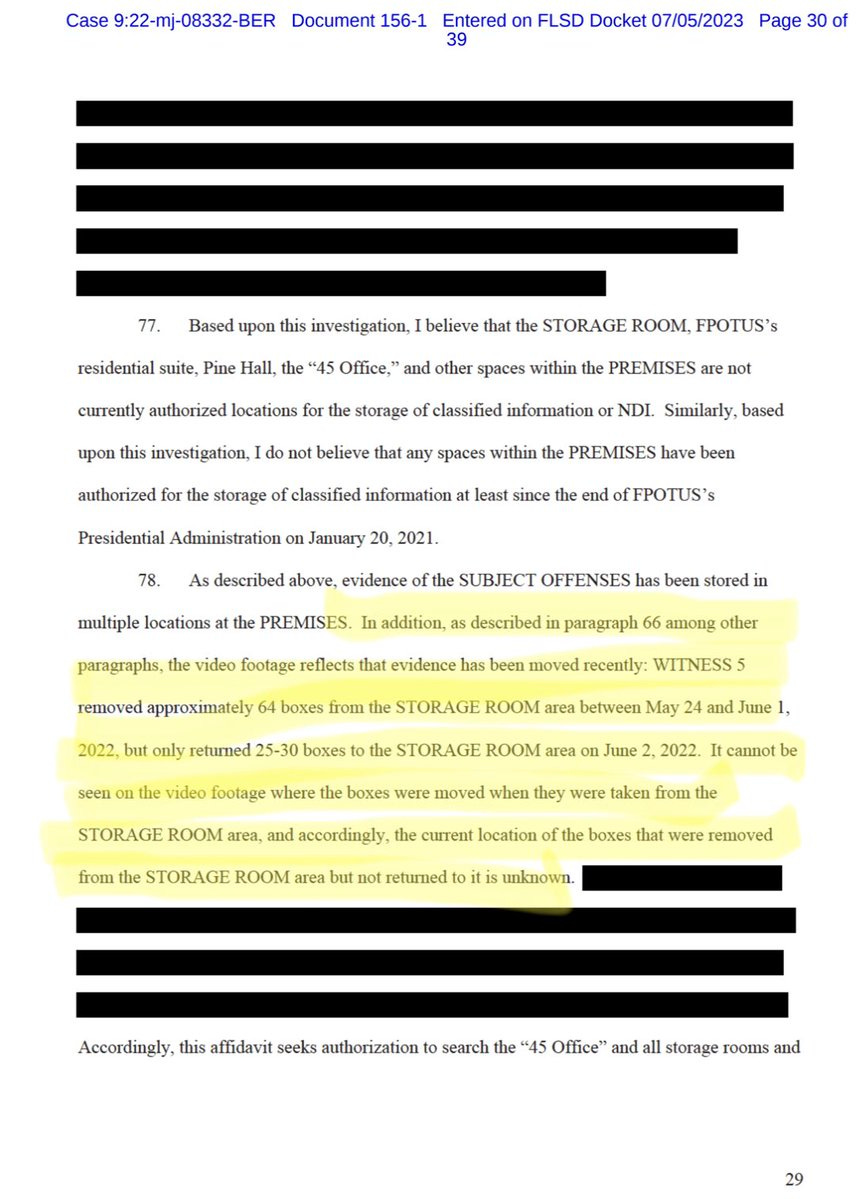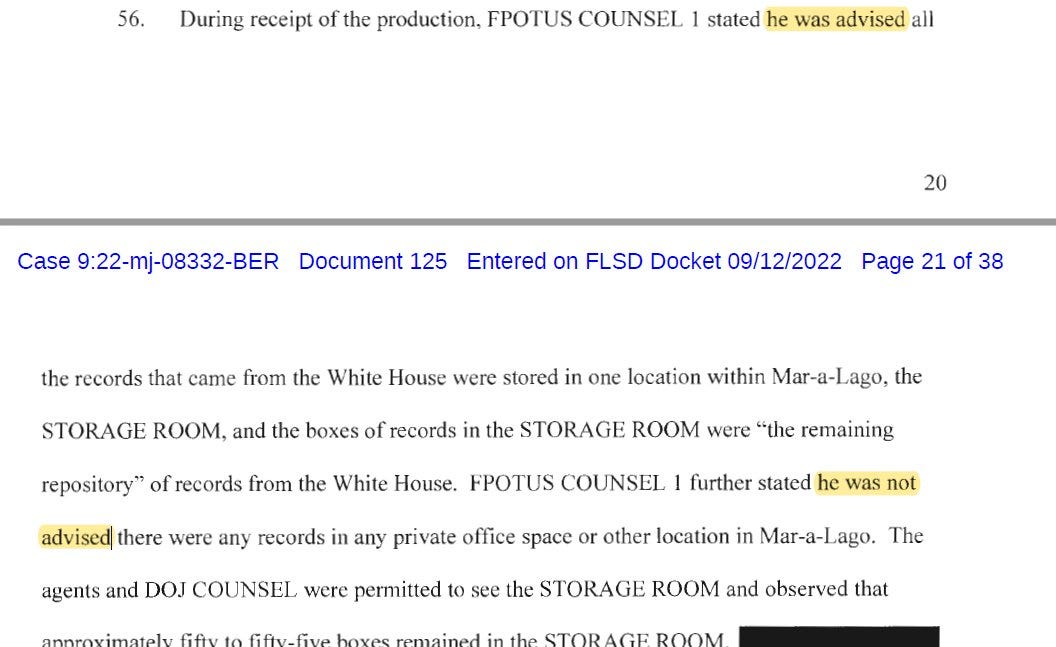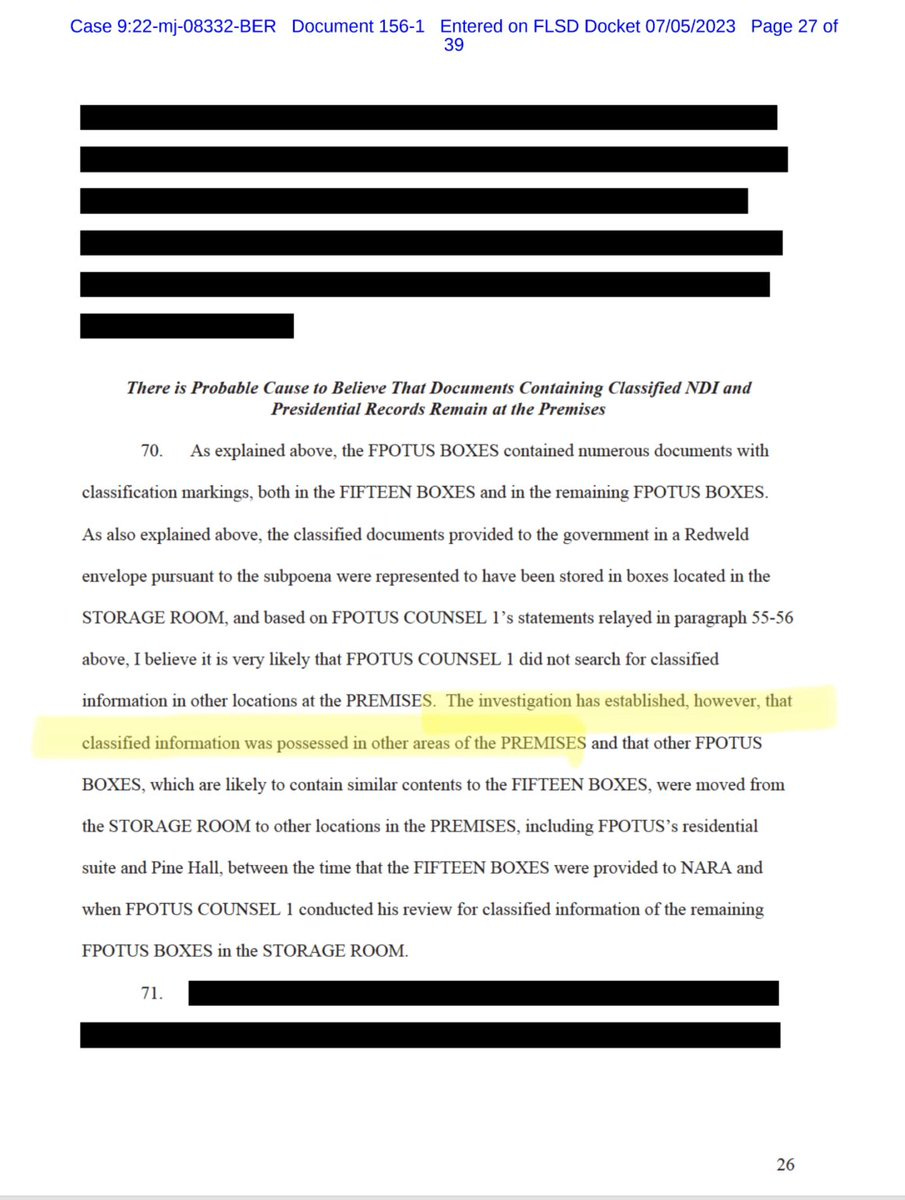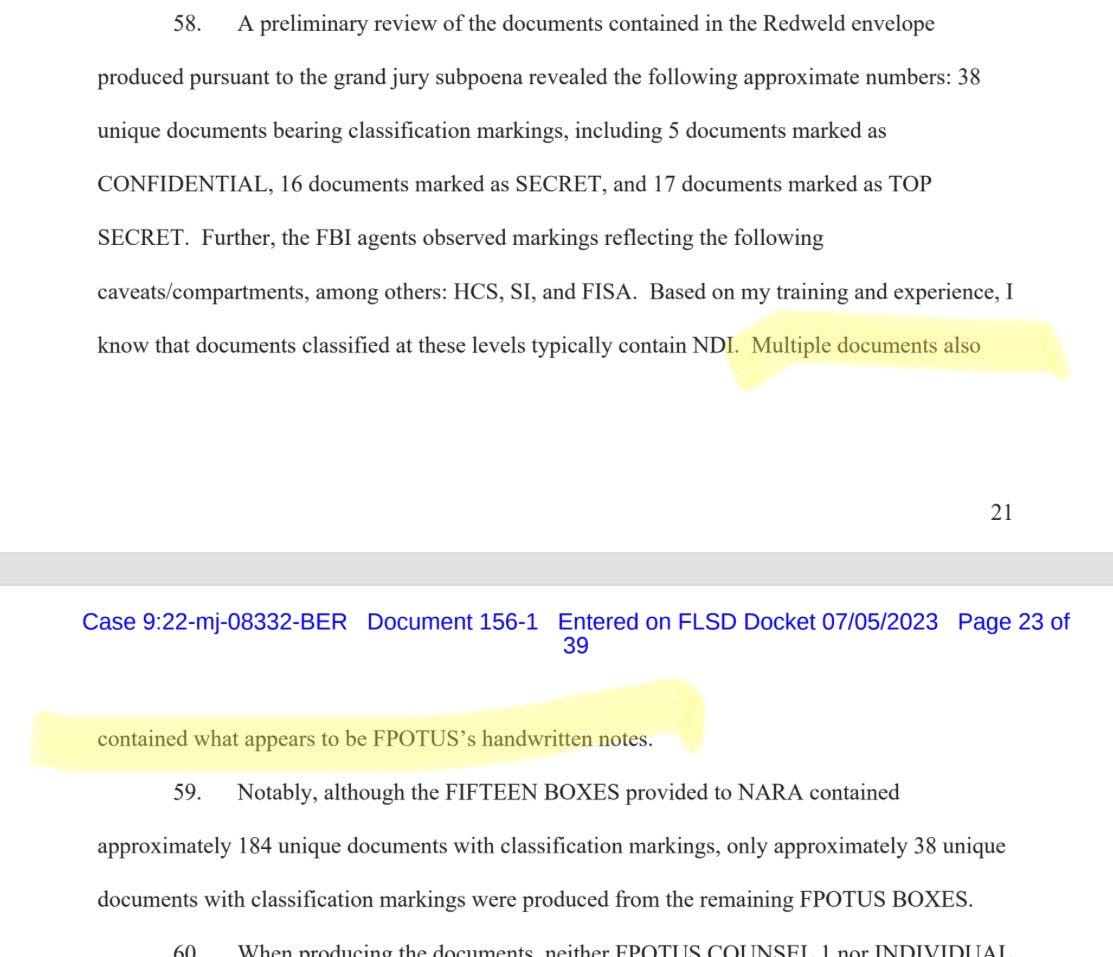40 Organizations write to Majority Leader Schumer Outlining Key Elements for Insulin Legislation
40 Groups' Letter to Schumer on Insulin Access and Pricing Reform
On July 10, 40 organizations wrote to Senate Majority Leader Chuck Schumer outlining three key pillars of insulin pricing and access policies that should be included in the anticipated prescription drug reform package.
The Honorable Charles E. Schumer
Majority Leader
United States Senate
Washington, D.C. 20510
Dear Leader Schumer,
Our organizations are committed to advancing access to affordable medicines for patients in the United States, including people with insurance from public programs like Medicare and Medicaid, people with private insurance, and people without insurance coverage.
We are grateful for your commitment to advance insulin legislation through the Senate in this session.[1] To deliver the relief that insulin-dependent patients need and put an end to insulin profiteering, the legislation advanced out of the Senate must include three key elements, described in further detail below:
- Ensure people with private insurance and those without insurance, who are most vulnerable to rationing, have access to the insulin they need.
- Stop insulin manufacturers from charging excessive prices.
- Prevent anticompetitive tactics from drug corporations and middlemen from interfering with patient access to lower-priced insulin products, including biosimilars.
Under your leadership, the 117th Congress passed laws signed by President Biden that made generational advances in lowering drug prices and expanding access to lifesaving treatments like insulin, all while confronting the worst pandemic in a century.
Through the Inflation Reduction Act (IRA), Americans with Medicare Part D will have guaranteed access to insulin for no more than $35 per month out of pocket. Reforms included in the American Rescue Plan lifted the Medicaid rebate limit to allow for deeper penalties on drug corporations that routinely spike prices at rates outpacing inflation, commensurate with the level of the abuse. Medicare may include some insulin products in direct government price negotiations for Part D and impose additional rebates for price increases above the rate of inflation, both also through reforms included in the IRA.
These laws are beginning to show results. Earlier this year, all three of the Big 3 insulin manufacturer corporations announced price concessions that, if fully carried out, will provide significant relief to people who depend on insulin to live. David Ricks, the Chair and CEO of Eli Lilly and Company promised to Sen. Sanders at a Senate HELP Committee hearing that the company would “leave our prices as they are for the insulins on the market today.”[2]
While the reforms advanced by the 117th Congress and concessions by insulin manufacturers can support insulin access for some patients with diabetes, they do not go far enough. A recent study published in the Annals of Internal Medicine found that 1.3 million people in the United States ration insulin.[3] Another recent survey showed as many as 1 in 4 people with type 1 diabetes ration insulin.[4] People without insurance were most likely to ration insulin (29.2% ration insulin), followed by those with private insurance (18.8%).[5] Rationing is disproportionately high for Black Americans, of whom 23.2% ration insulin, compared with 16% of Hispanic and White Americans.[6] Hopefully soon, some of these patients will feel improvements in access and pricing due the policies that have been enacted, but many require further relief – the Senate’s work is far from complete.
Ensuring access
Alec Smith was 26 years old when he aged out of his parents’ health insurance.[7] He made just enough not to qualify for insurance subsidy or patient assistance programs, meaning, like many people without insurance, he was forced to face the full price for his insulin out of pocket. As a result, Alec rationed his insulin supply to wait to afford more, but within days, he died of ketoacidosis.
Any insulin legislation that would not have prevented this tragedy fails the Alec Smith test. It is vital that affordable insulin access is provided to everyone, including those who do not have insurance, in addition to those who are privately insured.
Lowering Prices
Since the 1990’s, insulin manufacturers have raised prices many times over for U.S. patients, as much as 1100%, despite their products remaining largely unchanged, and low production costs.[8]
While the Big Three insulin manufacturers, Eli Lilly, Novo Nordisk, and Sanofi, have committed to lowering the list prices of some of their insulins, these commitments do not apply to all insulins and prices can be raised again at any time. Additionally, to date few patients have been able to access the lower priced insulins promised.
Abusive pricing of insulin, which the very same corporations who sell insulin here sell for a fraction of the price in other wealthy countries,[9] has led to immense profits for these corporations at the cost of preventable suffering and death of people who need insulin, in addition to billions of dollars drained from government coffers and consumers’ bank accounts.
Any insulin legislation that fails to lower the list prices charged by insulin manufacturers would fail to hold these corporations accountable, in effect rewarding them for decades of price gouging.
Preventing Anti-Competitive Gaming
As pharmacy benefit managers (PBMs) demonstrated preferences for covering insulin products with higher list prices to secure larger rebates, insulin manufacturers responded by raising prices in lockstep.[10] Patients who pay out of pocket for all or a portion of list prices that have been sharply increased by drug corporations suffer under this scheme. In some cases, PBMs have continued to place branded biologics with higher list prices on preferred formulary tiers, essentially excluding lower-priced biosimilars and reducing potential savings for patients.[11]
Insulin legislation advanced through the Senate should put an end to perverse arrangements between drug corporations and middlemen that stifle potential savings from lower-priced insulins and put patients’ lives at risk.
Comprehensive insulin legislation must also target anti-competitive tactics drug corporations employ to unduly extend patent monopolies and delay biosimilar competition, including pay-for delay agreements, product hopping, and citizen petition abuses.[12]
Thank you again for your leadership in advancing reforms to increase access to insulin and other medicines and your dedication to passing laws to provide further relief for people with diabetes and other patients.
Sincerely,
Public Citizen
T1International USA
ACA Consumer Advocacy
American Economic Liberties Project
Arkansas Community Organizations
Be A Hero
Beta Cell Action
Center for Popular Democracy Action
Citizen Action of NY
Congregation of Our Lady of Charity of the Good Shepherd, U.S. Provinces
Consumer Action
Doctors for America
Families United For Affordable Insulin
Families USA
Generation Patient
Health Care Voices
Human Rights Watch
Indivisible
Initiative for Medicines, Access, and Knowledge (I-MAK)
Interfaith Center on Corporate Responsibility (ICCR)
Iowa Citizens for Community Action
Labor Campaign for Single Payer
Metro New York Health Care for All
MomsRising
Mutual Aid Diabetes (MAD)
National Advocacy Center of the Sisters of the Good Shepherd
National Association of Councils on Developmental Disabilities
New York State Council of Churches
Our Revolution
Patients For Affordable Drugs
People’s Action
Rise and Resist Healthcare Action Group
Salud y Farmacos
Social Security Works
The Democracy Collaborative
The Insulin Initiative
Unity Fellowship of Christ Church-NYC
Universities Allied for Essential Medicines (UAEM)
VOCAL-NY
Washington Community Action Network
cc: Members of the United States Senate
[1] https://www.washingtonexaminer.com/news/senate/insulin-price-caps-schumer-sanders-health-care-package
[2] https://www.help.senate.gov/hearings/the-need-to-make-insulin-affordable-for-all-americans
Note that the Lars Fruergaard Jorgensen, the President and CEO of Novo Nordisk, and Paul Hudson, the CEO of Sanofi, refused to make such a commitment.
[3] https://www.acpjournals.org/doi/full/10.7326/M22-2477
[4] https://www.sciencedirect.com/science/article/pii/S0168822721003557
[5] https://www.acpjournals.org/doi/full/10.7326/M22-2477
[6] https://www.acpjournals.org/doi/full/10.7326/M22-2477
[7] https://www.pbs.org/wgbh/blood-sugar-rising/home/portraits/the-smithholt-family/
[8] https://www.nbcnews.com/business/consumer/desperate-families-driven-black-market-insulin-n730026
[9] https://www.rand.org/pubs/research_reports/RRA788-1.html
[10] https://www.finance.senate.gov/imo/media/doc/Grassley-Wyden%20Insulin%20Report%20(FINAL%201).pdf
[11] https://www.finance.senate.gov/imo/media/doc/Feldman%20Written%20Testimony%20.pdf
[12] https://aspe.hhs.gov/sites/default/files/2021-09/Competition%20EO%2045-Day%20Drug%20Pricing%20Report%209-8-2021.pdf




